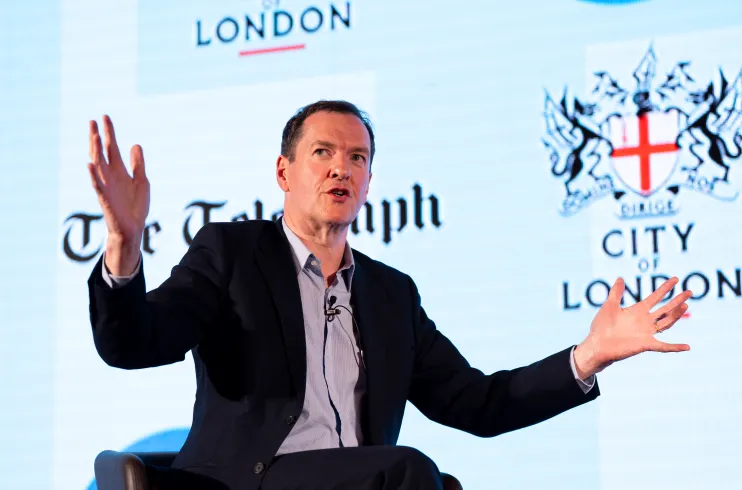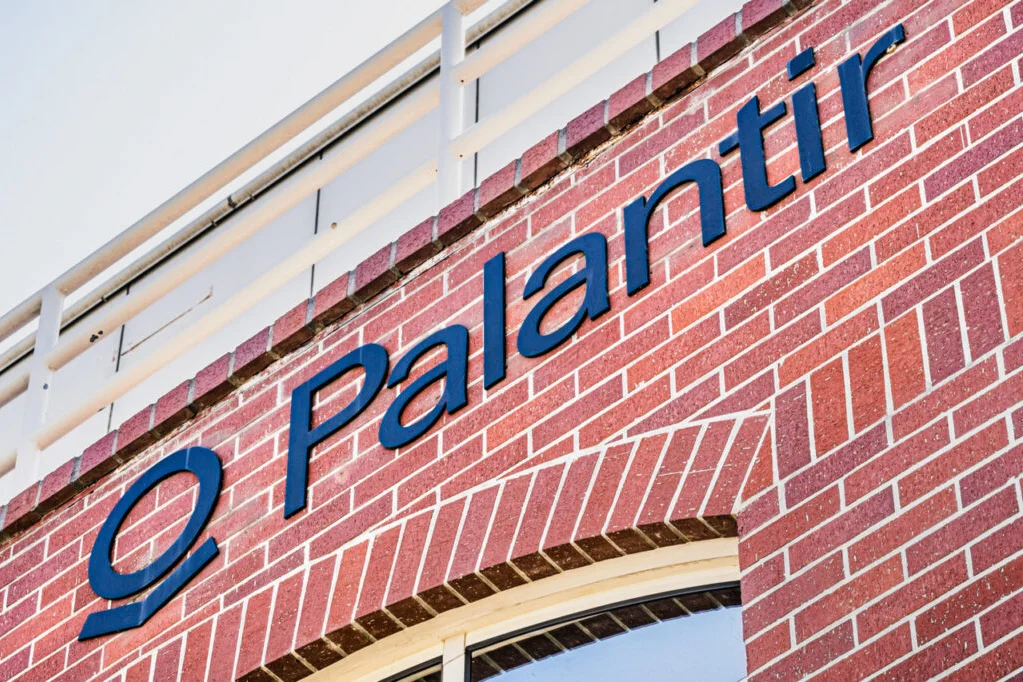Copyright cityam

Former Chancellor George Osborne has said that hiking one of the three main taxes which Labour said they would not raise – income tax rates, VAT and national insurance – would be the “easier” option for Rachel Reeves to add significant revenue. In an appearance before the Treasury Select Committee alongside former business secretary Vince Cable, who served as the Liberal Democrats’ deputy leader in the coalition government, Osborne said there should be a “mix” of tax rises and spending cuts at the Budget to fill the fiscal hole. The former Tory frontbencher, who is now a prominent figure in London’s glitzy scene as chair of the British Museum, admitted that Labour was “constrained by its promise” but raising smaller taxes would complicate the tax system. “The thing about growth is there is not some big lever on the desk that the Chancellor or the business secretary can pull and just get growth,” Osborne said. “I would say you’ve got to put [tax rises] alongside expenditure reductions and constraints. The Chancellor is getting right in saying ‘I’ve set out fiscal rules and I will stick to the fiscal rules’. “I think this government and the country will have become completely unanchored and vulnerable to the bond market pressures if it just abandons these rules. “It’s obviously easier to go for one of the big three taxes – income tax, national insurance or VAT. “Maybe it will choose to break that promise; it’s difficult to break a manifesto promise, speaking from a political point of view.” He added that Reeves should steer clear of making several small tax hikes which could complicate messaging and rattle small businesses across the UK economy. “The trouble is if you don’t use one of the big taxes, you are left with a lots of little ones. “The risk is if the whole is substantial in this Budget and the Chancellor to has to do sort of 10 taxes, it’s pretty messy and it falls foul of what I was saying earlier, which is what’s your one message you’re trying to communicate.” Council tax hikes were set to be introduced Osborne also revealed that the coalition government was set to introduce two additional bands of council tax on higher value properties while cutting the top rate of income tax from 50 per cent to 40 per cent. The top income tax band was only cut to 45 per cent, funded by smaller tax hikes, as former Prime Minister David Cameron vetoed hiking taxes on more valuable properties. “That is a good example of tax reform being quite hard when you’re trying to raise taxes.” Cable meanwhile backed a suggested move to integrate national insurance into income taxes and called for a new property tax system. “It’s not difficult to think of areas where there is a grotesque mismatch between the economics and the politics,” Cable said. Osborne defends triple lock pension Cable and Osborne were also asked about pension reforms. Osborne brought up the topic of the triple lock, which means the state pension increases in line with whichever is highest out of wage growth or inflation. Osborne said the triple lock was a proposal in the Liberal Democrats’ manifesto, which the coalition government took on. “It was actually a Liberal Democrat proposition in the coalition talks, which we agreed to. I think it’s worth remembering, [former Labour MP] Barbara Castle had been out there campaigning for years, and there were marches around pensioner poverty in the ‘90s and 2000s. “It didn’t come out of the blue, this policy. It was designed to address a really serious problem, which was pensioner poverty. “We are in a markedly better position. Unless you are prepared to go back to an earnings link, at the moment it is the inflation that is triggering the triple lock. That’s not a double lock, that’s a single lock of going back to the Margaret Thatcher policy of linking the pension to earnings. “If you want to go back to that, the ghost of Barbara Castle will come to re-visit this government.”



